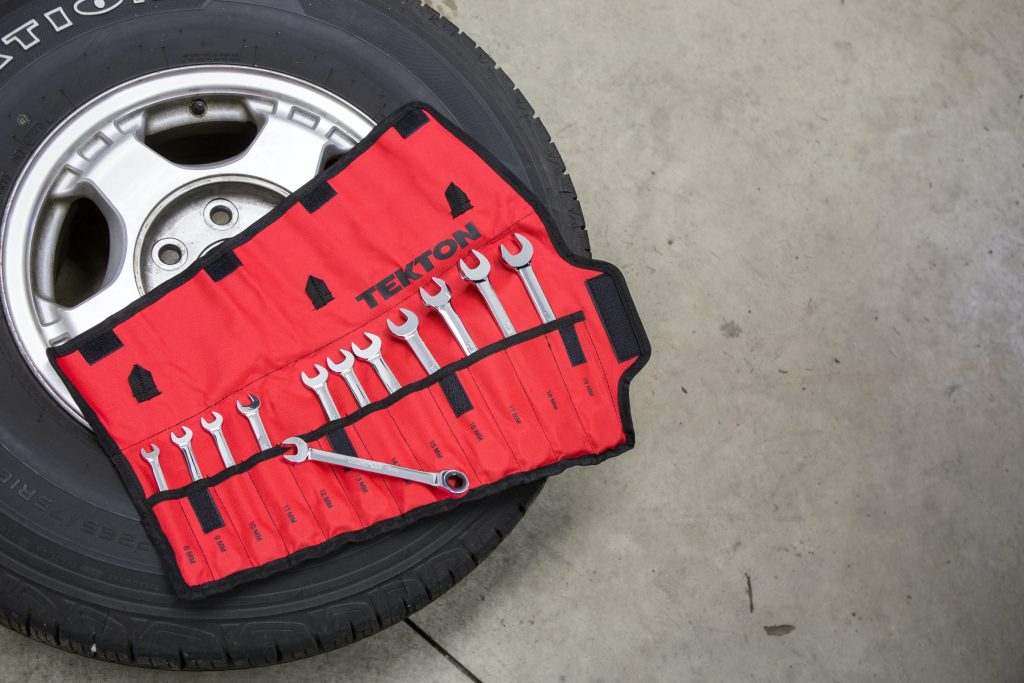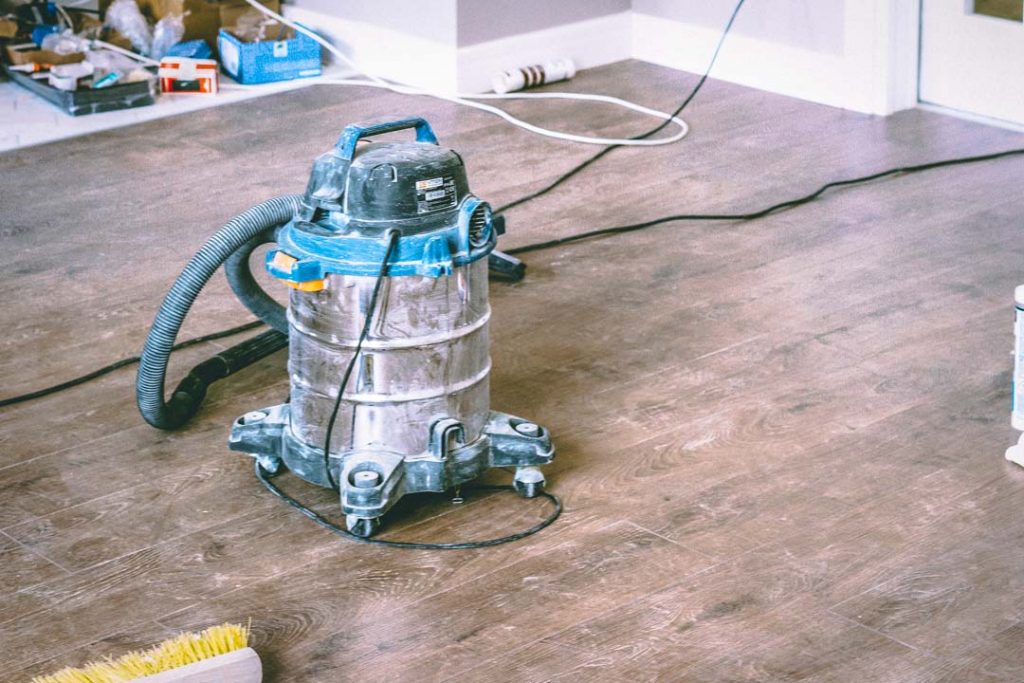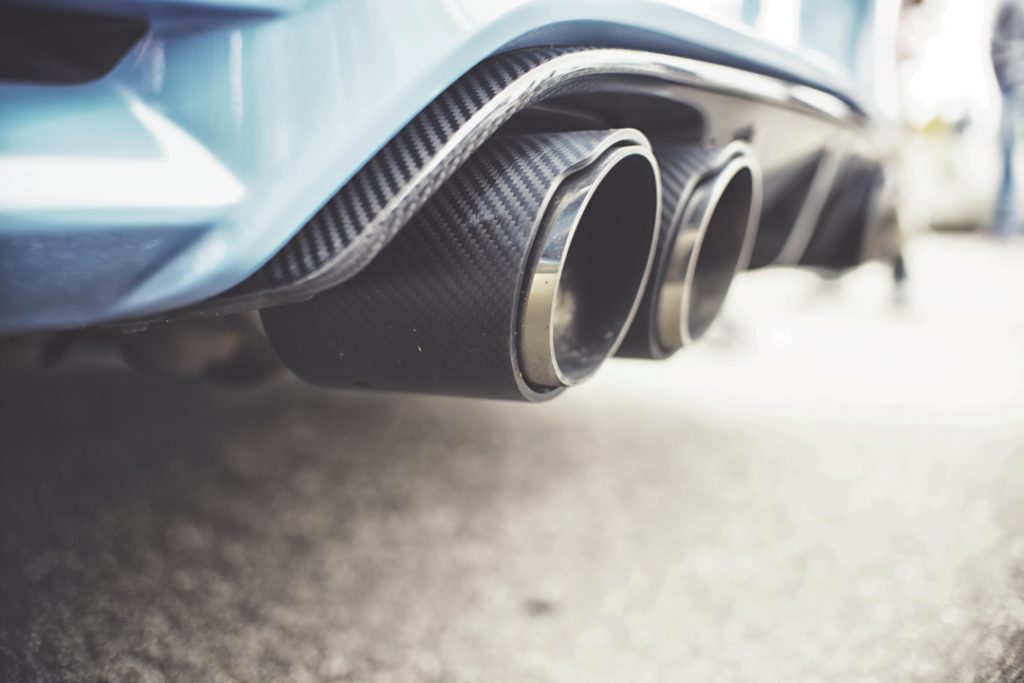If you’re like most drivers, the last thing you want is a noisy car. Noisy cars are not only annoying, but they can also be dangerous. Tire noise is one of the most common sources of car noise, and it can be difficult to eliminate. In this blog post, we will discuss some ways that you can reduce tire noise in your vehicle. Read on to learn more!
All About Tires
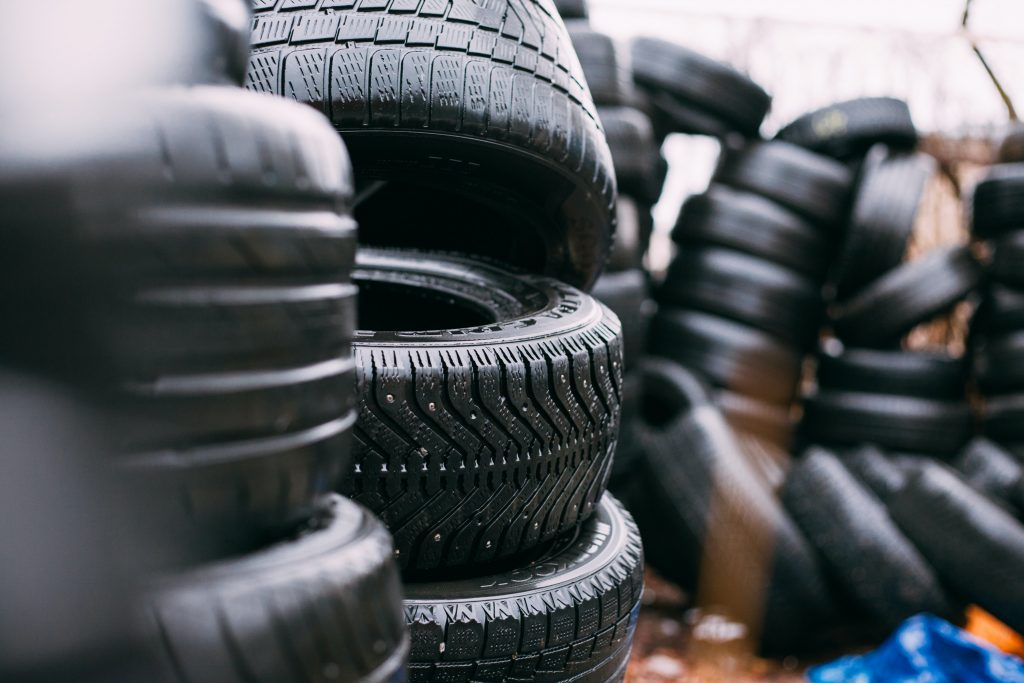
Tires are one of the most important parts of your vehicle, and they play a big role in how your car handles and sounds. Your tires are what make contact with the road, and they can be a major source of noise if they’re not in good condition.
Types Of Tires
There are a few different types of tires that you can choose from, and each type has its own pros and cons.
1. All-Season Tires
These tires are a good choice for most drivers. They give great traction in different conditions and they’re relatively quiet. They’re not the best choice for performance driving, but they’re a good all-around tire.
2. Summer Tires
These are designed for use in warm weather. They don’t perform as well in the snow, but they offer better handling and grip than all-season tires. Summer tires can be quite loud, however.
3. Performance Tires
Performance tires are designed for use on high-performance vehicles. Their tread blocks offer excellent grip and handling, but they can be very noisy.
Benefits Of Tires In A Vehicle
Tires are important parts of vehicles due to the following reasons:
- Tires provide good grip and traction because of the material they are made of
- Tires help to absorb shocks from bumps on the road because of their flexibility
- Tires help to keep the vehicle stable because of their round shape
How To Reduce Tire Noise
There are various things that you can do to reduce tire noise in your vehicle. And they are discussed below:
1. Tire Maintenance
One of the best ways to maintain quiet tires is to keep your tires in good condition. Make sure that your tires are properly inflated and that they have enough tread. If you live in a cold climate, consider using winter tires during the winter months.
2. Drive Smoothly
Another way to reduce tire noise and road noise is to drive smoothly. Avoid sudden acceleration or braking, and try to avoid potholes and other road hazards. If you drive aggressively, you’re more likely to experience tire noise.
3. Upgrade Your Tires
If you’re still experiencing loud tire noises after taking these measures, you may need to upgrade your tires. Consider switching to a quieter type of tire, such as an all-season or summer tire. You may also want to consider a performance tire if you’re a performance driver.
4. Soundproof Your Car
If you’re still experiencing noisy tires, you may want to soundproof your car. There are various ways that you can do this, and there are a number of different products on the market that can help.
5. Talk To A Mechanic
If you’re still having trouble reducing tire noise, it’s time to talk to a mechanic. They can help you diagnose the problem and recommend a solution.
6. Get A New Car
If you’ve tried everything and you’re still not happy with the level of tire noise in your vehicle, it may be time to get a new car. Talk to your dealer about finding a quiet vehicle that meets your needs for a quiet ride.
7. Avoid Bad Roads
Potholes and other road hazards can also damage your tires and cause unevenly worn tires. If you live in an area with a lot of potholes, try to avoid them if possible.
8. Wheel Alignment And Balance
Another important aspect of tire maintenance is wheel alignment and balance. If your wheels are out of alignment, it can cause your tires to wear unevenly and create more noise. Wheel balancing ensures that your tires are evenly weighted, which reduces vibration and noise.
9. Acoustic Insulation
If you’re looking for a way to reduce tire noise that’s already present in your vehicle, acoustic insulation of your car door is a good option. Acoustic insulation is a material that absorbs sound, and it can be used to line the inside of your car doors. This will help to deaden the sound of the tires and make your car quieter overall.
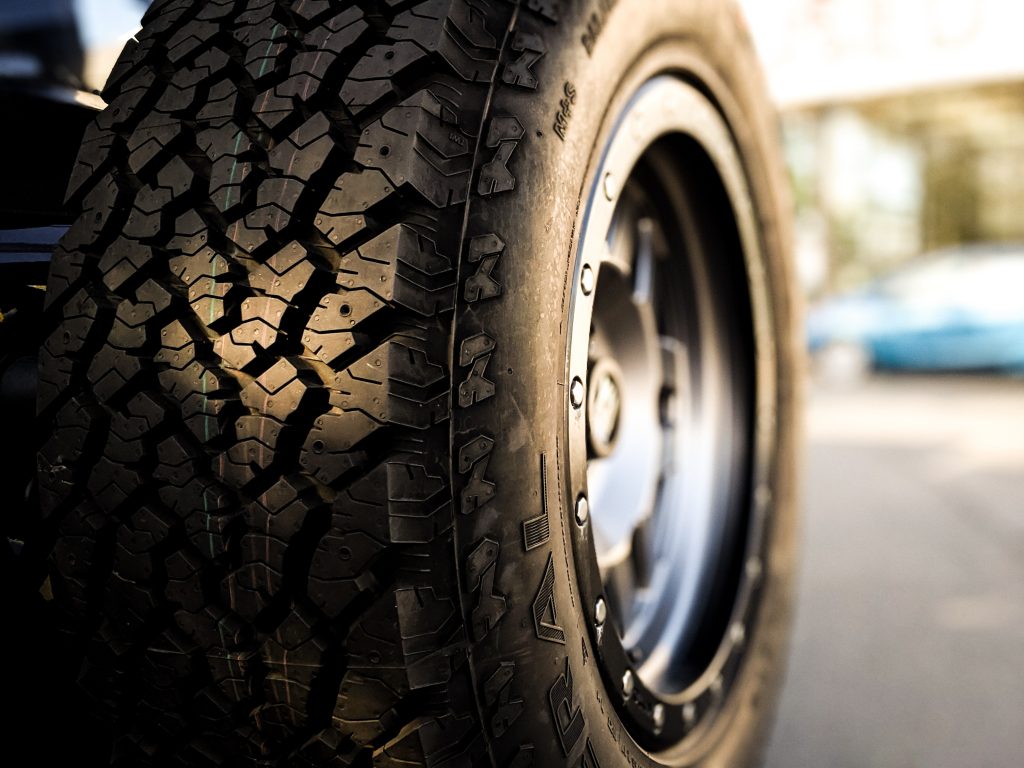
Tire Maintenance
Proper tire maintenance is essential for reducing tire noise. You should do the following:
- Keep your tires properly inflated because underinflated tires can cause a thumping noise.
- Check your tread pattern regularly. If your tread is too low, it can cause your tires to squeal when you turn or a brake.
- Consider using winter tires in cold weather conditions. Winter tires are designed to provide better traction and they may be quieter than all-season tires.
- Check your tire tread regularly because if your tread is too low, it can cause tread noise when you turn or brake.
- Inspect your tires for any damage such as cracks, bulges, or bald spots.
Selecting The Right Tires For Your Vehicle
When you’re selecting tires for your vehicle, it’s important to consider a few things.
1. Type Of Vehicle
First, think about the type of vehicle you have and how you use it. If you have a performance car, then performance tires might be a good choice. If you live in an area with lots of snow, then all-season or winter tires might be a better choice.
2. Noise Level
It’s also important to think about road noise from tires. Some types of tires are much louder than others, and if you need a quieter ride, you’ll want to choose accordingly.
3. Budget
Finally, consider your budget when selecting tires. Performance tires can be quite expensive, but they offer the best performance.
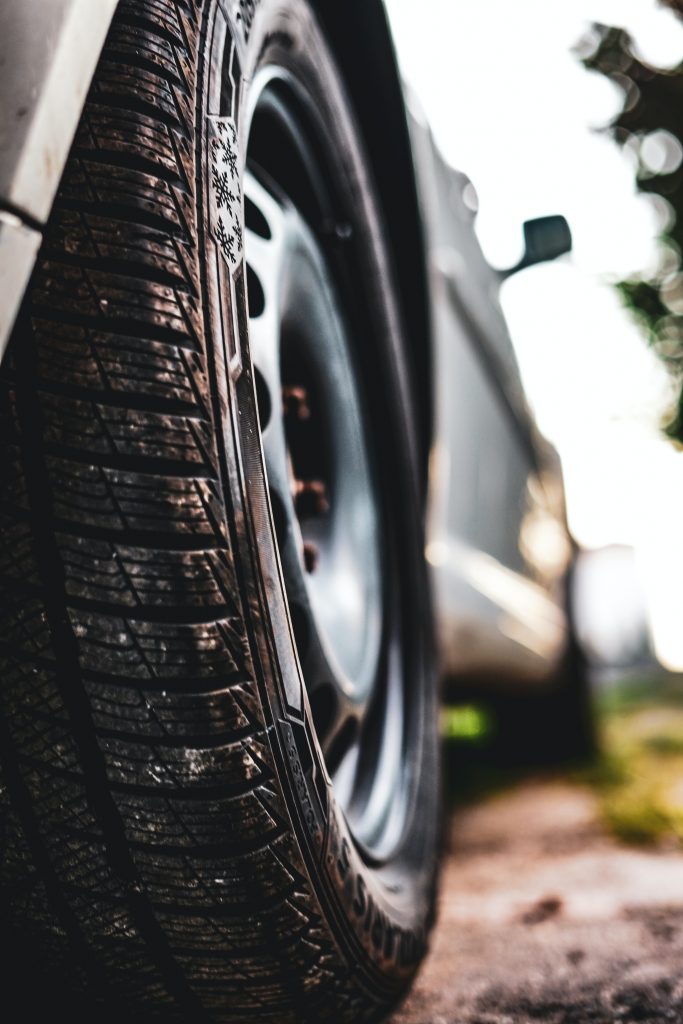
Conclusion
In conclusion, there are a number of things that you can do to reduce tire noise. Proper tire maintenance is essential, and you should also consider the type of tires that you’re using. If you’re still having trouble reducing tire noise, then talk to a mechanic or get a new car.
Thank you for reading! We hope this article was helpful. If you have any questions or comments, please feel free to leave them below.

